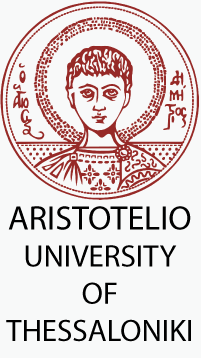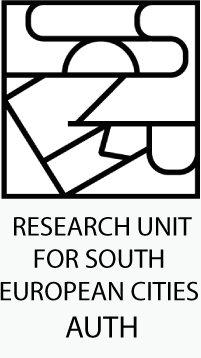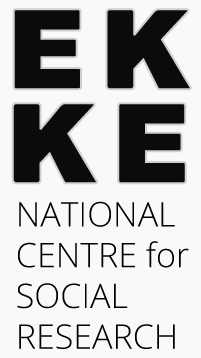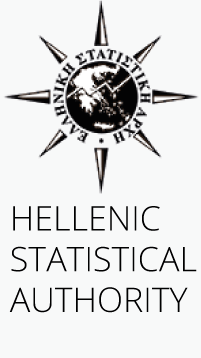The Thessaloniki Atlas aims to collect, present, and disseminate topics concerning the urban geography of Thessaloniki, emphasising recent transformations on historic traits. As a dynamic online platform, it contributes to a critical understanding and the production of new knowledge, insights and comparisons of the city in its wider geographical context. Through a systematic presentation of evidence-based material (texts, mappings, diagrams, images, and archival material) it informs both the scientific-academic community and the wider public.
Being a Mediterranean port city and a major urban center in Southeastern Europe, Thessaloniki presents its interesting specificities not only in terms of history and cultural heritage, a constant crossroads in the Balkans, but also along its current social, spatial, and environmental transformations in the global context.
From a spatial and geographical point of view, the Atlas brings together contributions from urban studies, architecture and planning, sociology, geography, environmental studies, history, anthropology, and political science. The articles/entries of the Thessaloniki Atlas are classified into 10 main thematic categories: History, Social Formation, Economy and Industries, Ecology and Habitats, Public Space and Urban Culture, Housing and Built Environment, Neighbourhoods, Mobility and Infrastructures, Spatial Planning and Development, and Politics and Civil Society. These categories facilitate searching within the Atlas, though readers may also look for entries using keywords.
The Thessaloniki Atlas is currently under preparation and will be online in 2024. The initial group of authors includes experienced and young experts from different scientific backgrounds, while the Atlas’s digital form will allow for continuous addition of new entries.
The Thessaloniki Atlas is affiliated to the Research Unit for South European Cities, Aristotle University of Thessaloniki.
Editors: Evangelia Athanassiou, Charis Christodoulou, Loukas Triantis
Partners: Aristotle University of Thessaloniki, Research Unit for South European Cities AUTh, EKKE (National Centre for Social Research), Hellenic Statistical Authority




